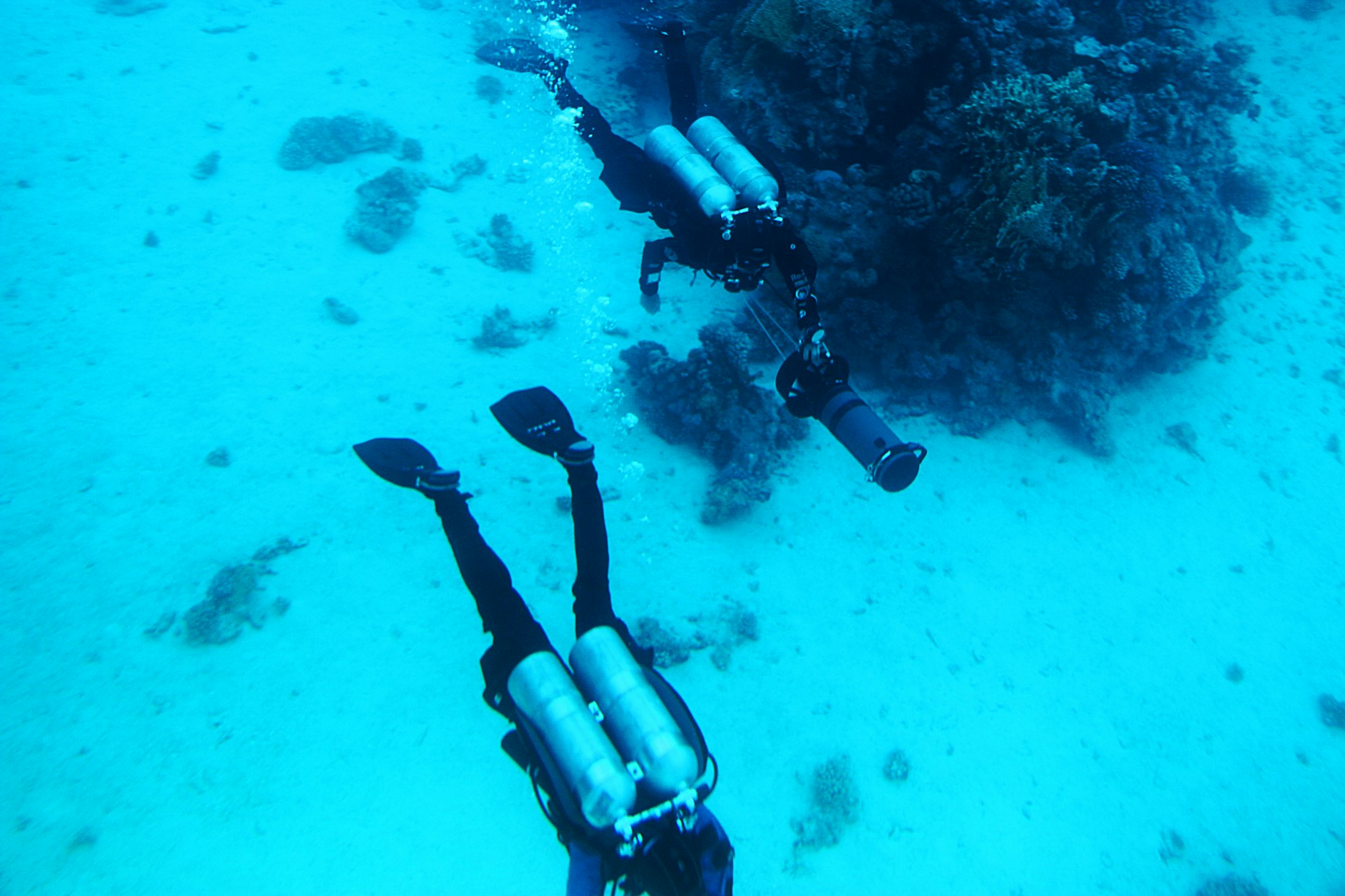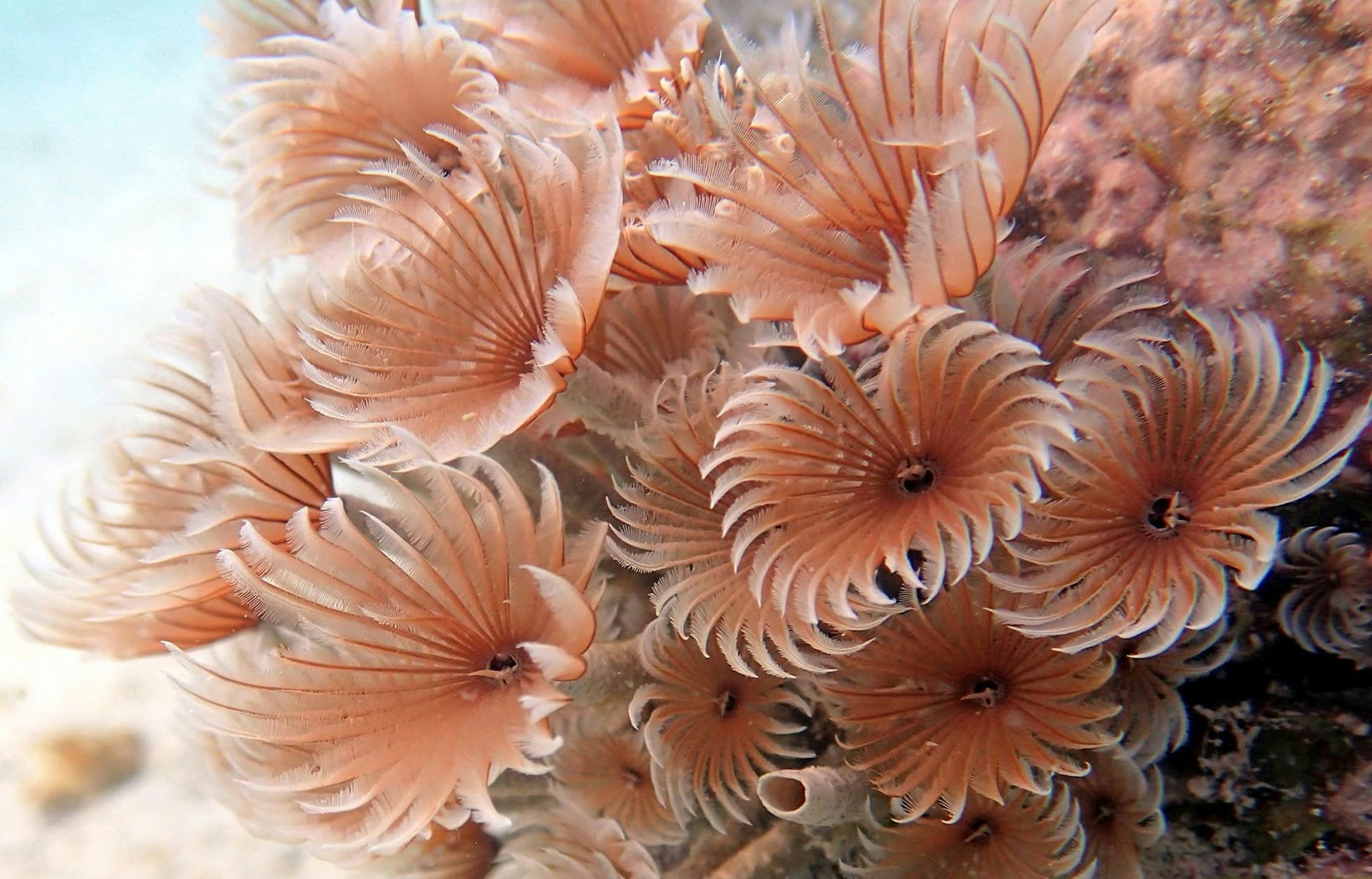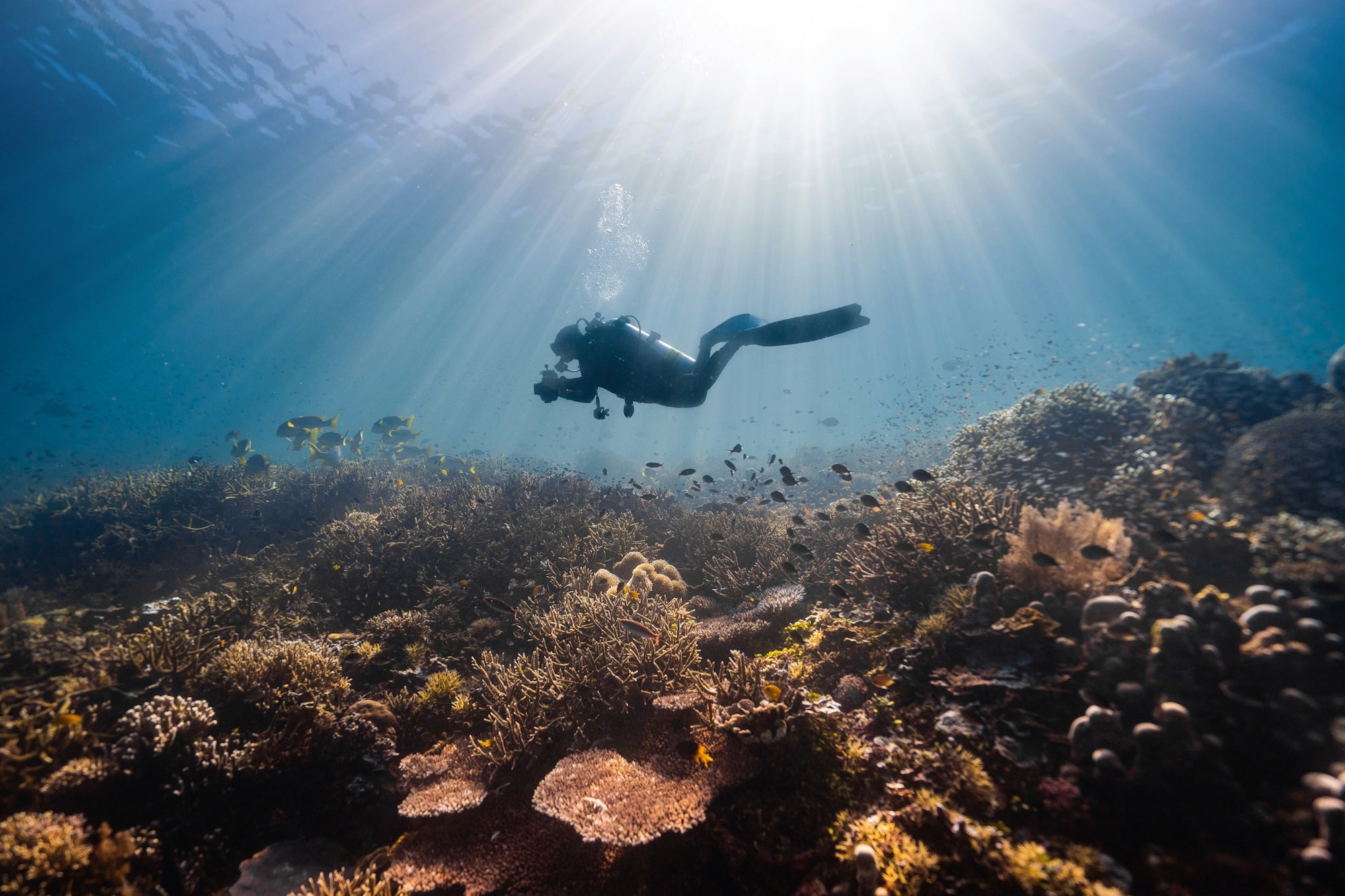Scuba is an underwater exploration sport that allows the participant to go underwater and observe the pristine ocean waters and the life that resides there. This is an amazing experience that most people can enjoy. If you are interested in this activity, you should take a beginner’s diving course to learn the basics. There are many facilities all over the world that offer this training. In the process, you will learn how to navigate underwater, use breathing equipment, and maintain your safety. You can also learn about exotic sealife.
Divers wear a mask and dry suit and have fins. Some may also wear a hood or a wetsuit. They can stay down for up to four hours. A dive master will flash a “Everything is OK” hand signal periodically. The diver should also pause when getting equipment, surfing, or testing equipment.
The modern day regulator invented by Jacques Cousteau and Emile Gagnan in 1942 has helped make scuba diving popular. It conserves the air supply and enables the divers to stay under the water longer.
Another important piece of scuba equipment is the buoyancy control device. These devices have hidden pockets for the divers to fill with air. During the dive, the buoyancy control device keeps the divers neutrally buoyant.
Depending on the type of scuba system that a diver uses, he or she may need to use an automated external defibrillator (AED) to shock the heart in case of cardiac emergencies. Unlike the old days, scuba divers don’t have to rely on a diver’s buddy to help them in an emergency.
Whether a diver uses a wet or dry suit, a buoyancy control device, or an oxygen tank, he or she must be able to navigate and manage the equipment. A diver must also learn how to clear water from his or her mask and how to use a demand valve to clear the air.
Unlike most sports, scuba divers do not compete against each other. Typically, the top divers are renowned. Many of them have dived for photography, research, and scientific experiments. However, some dive for commercial purposes, too.
Keeping a log of your dives is a good way to remember what happened during your dive. Make sure you note the time, depth, and residual inert gas levels for each dive.
If you do not have a buddy, it is best to take a beginner’s diving course to make sure you have the proper skills to safely dive. Upon completion of the course, you will receive an Open Water Diver certification, which is your passport to the underwater world.
The most common underwater emergency is a compromised breathing gas supply. When the gas is lost, a controlled emergency ascent is almost always necessary. An uncontrolled emergency ascent is often caused by the malfunction of a diver’s buoyancy control.
Although scuba is a great hobby, it’s important to be aware of the risks. The scuba warning against holding breath while surfacing is a gross oversimplification of the hazard.


